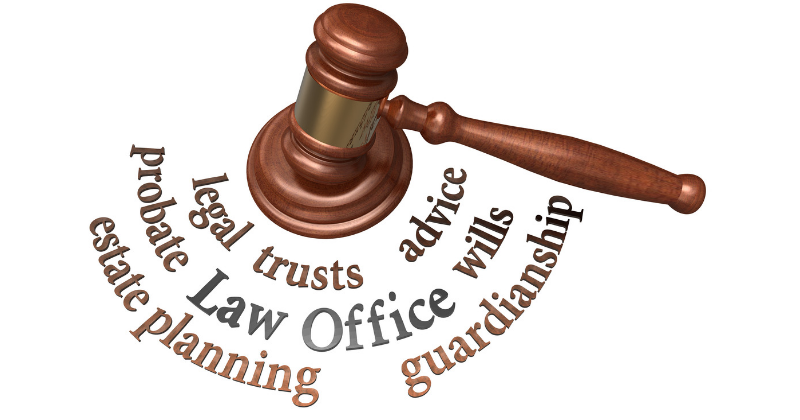
If you care for a disabled adult child, you may be worried about how to care and protect your child when you can no longer do so. In some situations, the best option may be to choose a guardian. In Illinois, there are two basic categories of guardianship: “person guardianship” and “estate guardianship.” A guardian has the responsibility for making decisions regarding personal matters such as health care, housing and financial management for the incapacitated person, who is often referred to as the “ward.”
If your adult child is 18 or older and you have not set up any type of guardianship or legal protections, then your adult child is presumed competent and legally an adult who can enter contracts, refuse services, and sign leases.
To obtain guardianship in Illinois, there is a formal legal process in the appropriate circuit court. The first step of the process is to file a petition with supporting information using court-approved forms. The petition must include a detailed report from a licensed physician and other professionals regarding the specific reasons the person at issue is allegedly incapacitated.
The proposed ward is protected by rights which include the right to have his or her own attorney and the right to a court hearing before a judge. In most cases, the court will also appoint a guardian ad litem who is responsible for making recommendations about what actions would be in the proposed ward’s best interests. While all cases differ depending on the circumstances, in Illinois the court will generally schedule a hearing within 30 days of the date the petition for was filed.
There are many considerations when choosing someone to care for your adult child. Special Needs Answers recommends you consider the following issues before asking someone if they will be a guardian:
Choosing a guardian for your adult child is one of the most difficult decisions you can make because they will be acting as the parent to your child. It is important that you discuss the responsibilities fully with the proposed guardian so they understand and agree to the role they are taking in your child’s life.
If you have questions about caring for a disabled loved one, contacting a knowledgeable attorney may be a good next step. A Lombard guardianship lawyer could help you understand the legal process in guardianship cases, represent you in court, suggest alternatives to guardianship, or provide other assistance as you seek to protect you and your family’s legal rights. To set up an initial meeting, call us today at 1-630-800-0112.